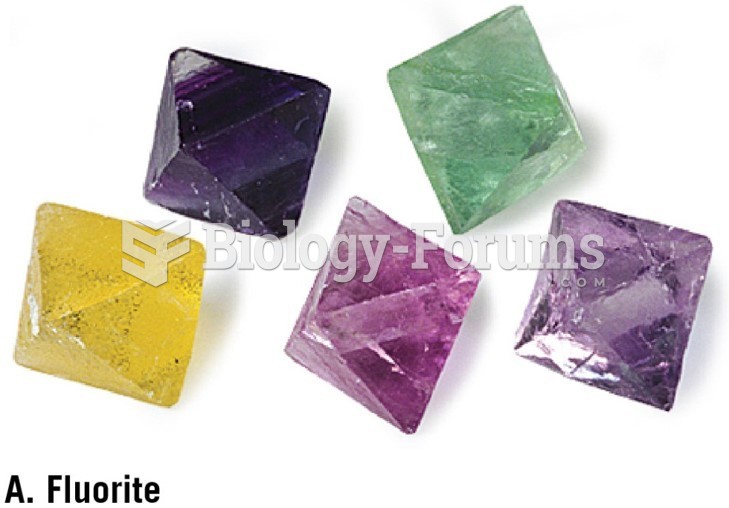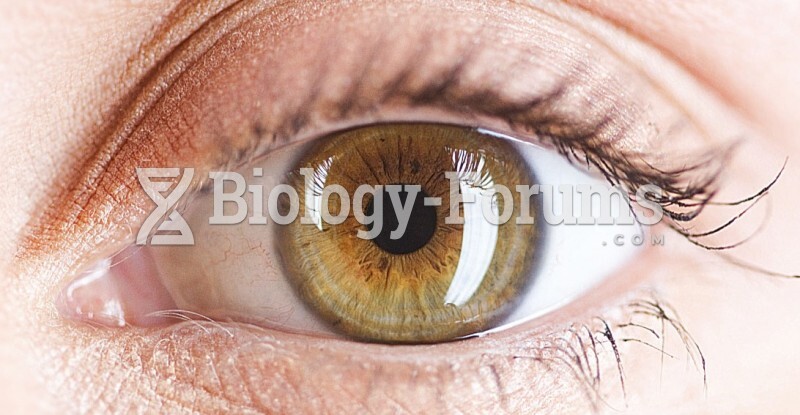|
|
|
Looking at the sun may not only cause headache and distort your vision temporarily, but it can also cause permanent eye damage. Any exposure to sunlight adds to the cumulative effects of ultraviolet (UV) radiation on your eyes. UV exposure has been linked to eye disorders such as macular degeneration, solar retinitis, and corneal dystrophies.
More than 4.4billion prescriptions were dispensed within the United States in 2016.
Women are 50% to 75% more likely than men to experience an adverse drug reaction.
In most cases, kidneys can recover from almost complete loss of function, such as in acute kidney (renal) failure.
According to the Migraine Research Foundation, migraines are the third most prevalent illness in the world. Women are most affected (18%), followed by children of both sexes (10%), and men (6%).







